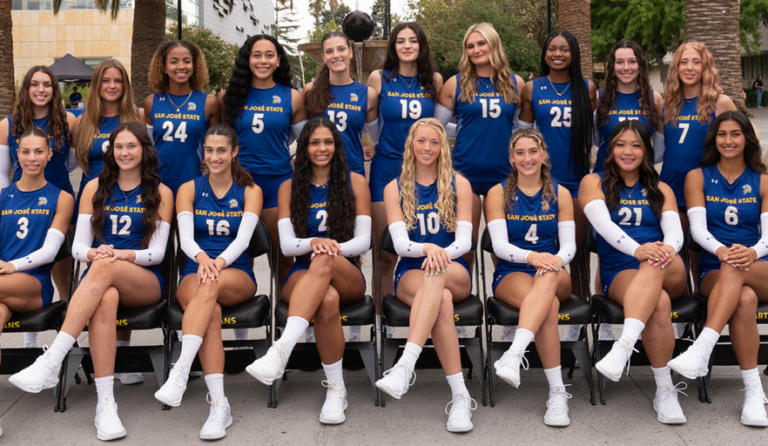Last summer, one of the standout figures of the Olympic Games was Algerian boxer Imani Khélif—not for winning a gold medal in her category, but mainly due to the debate sparked over whether he was male or female.
His family insisted from the outset that he was a girl, but the International Boxing Federation excluded him from competitions due to high testosterone levels, with Khélif being classified as intersex (individuals born with sex characteristics such as genitalia, chromosomes, or hormonal profiles that do not fit typical binary notions of male or female bodies).
Khélif’s case attracted significant media attention, reminiscent of South African runner Caster Semenya’s prolonged legal battle with the International Athletics Federation.
However, both cases are just the tip of the iceberg, as the issue of transgender athletes’ participation (in any subcategory they fall under) is becoming an increasingly pressing topic for the sports community. Now, a significant development has emerged from across the Atlantic.
In women’s volleyball within the NCAA collegiate championship, a major controversy erupted in the past two months over the participation of a transgender athlete on San Jose State University’s team.
With six teams refusing to compete against San Jose and the team’s vice-captain filing, along with athletes from other colleges, an injunction to ban the athlete’s participation (“The force with which she spikes the ball is not something a woman could achieve,” they argued, among other points), the Federal Court in Denver rejected the request. The ruling noted that the athlete had been playing with the college team since 2022 without raising concerns or controversy.
This decision seemed to put the issue on hold, but as of yesterday, Texas Attorney General Ken Paxton has filed a lawsuit against the NCAA.
The lawsuit seeks a temporary restraining order preventing all colleges from allowing biological males to participate in women’s sports within the state of Texas or in events involving teams from Texas colleges.
Paxton argues that the current NCAA rules permitting transgender participation violate Texas’ “Deceptive Trade Practices Act,” which aims to protect consumers from being misled or deceived about falsely advertised goods and services.
“The fact that only biological women participate in women’s sports is a significant reason consumers choose to support women’s athletics,” a statement from the Attorney General’s office read.
Paxton also claimed that the NCAA is “dangerously and intentionally endangering the safety and well-being of women by deceptively turning women’s competitions into mixed-gender events.”
“When people watch a women’s volleyball match, for example, they expect to see women competing against other women—not biological males pretending to be something they are not. Radical ‘gender theory’ has no place in collegiate sports.”
On the NCAA’s side, there has been no formal response to Paxton’s lawsuit. However, NCAA President Charlie Baker had recently admitted to Congress that he was aware of a small number of trans athletes. The only public statement was a broad remark indicating that the matter would likely be resolved in court.
“Collegiate sports are the premier stage for women’s athletics in America, and while the NCAA does not comment on pending litigation, the Association and its members will continue to uphold Title IX, make unprecedented investments in women’s sports, and ensure fair competition across all championships,” the statement read.
Ask me anything
Explore related questions





